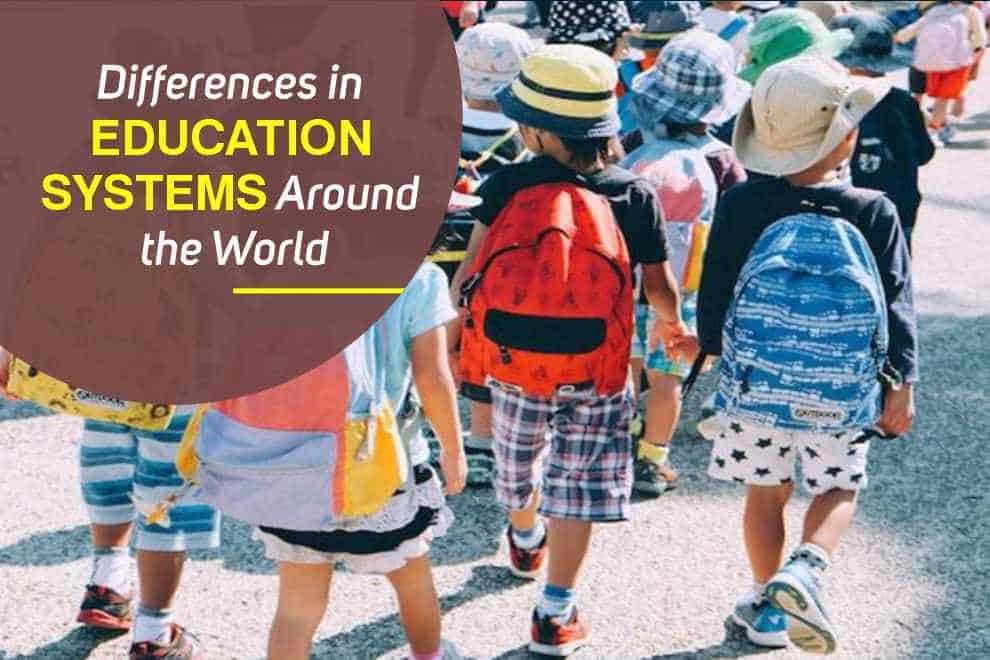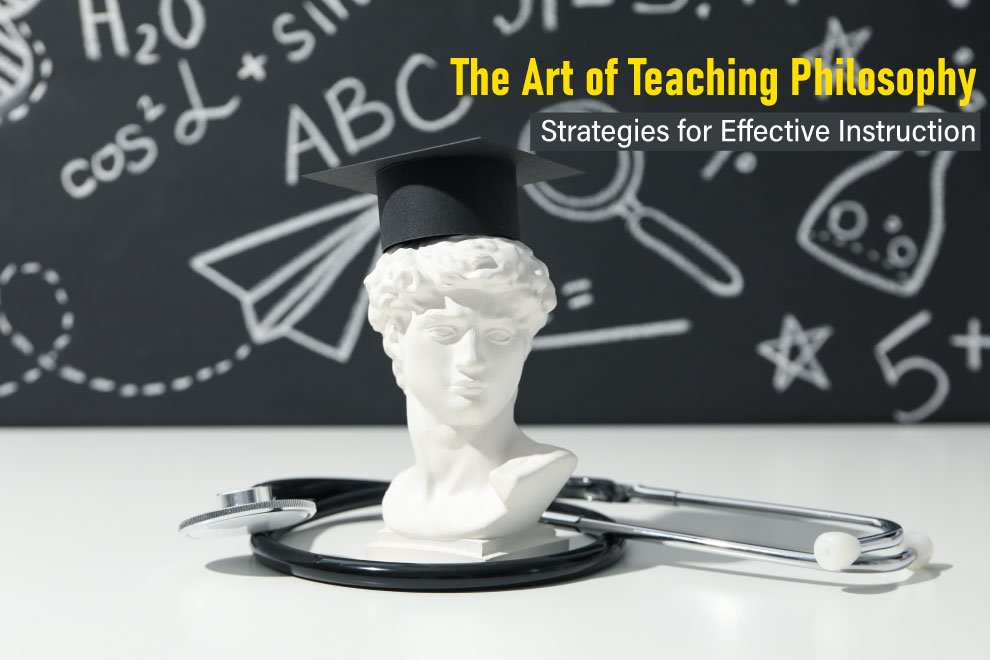Education systems differ around the world. There are 195 countries in the world and not one shares the same education system given the complex differences in culture, geography, and national history of each country. Among such countries, there are ten that are strikingly unique and different. Knowing each will give you an idea of the different dynamics and factors that take hold in the education of an individual.
Education Systems
What do people talk about when they talk of education systems? Well, it is public schooling simply put. Stakeholders always refer to public schooling and not private schooling when they refer to education systems. Such systems are generally handled by the government and are normally provided at no cost to citizens. When you talk of education systems, you can refer to that of a district or that of a country. Here, we will discuss unique differences in education systems around the world.
10 Differences in Education Systems Around the World
1. French Schools Do Not Allow Religious Dress
The French education system started way back during the existence of the Roman Empire. The country’s first encounter with formal education started as early as 121 BCE. Rightly so, it is highly advanced when it comes to liberty. So much so that one of its education system’s core principles is laïcité, which roughly translates to secularity. This is why students are not allowed to wear religious dress or anything resembling religious attire when in public school. The French education system highly stands by the principle that religion and public life should be kept apart at all times.
2. Most Public Schools in Ireland are Catholic
Ireland’s education system is completely opposite to that of the French. This is because over 90% of all Irish public schools are handled by the Catholic Church. Their public schools even have the choice to only employ Catholic teachers and not accept non-Catholic students. So much so that some Irish parents choose to have their children baptised not for religious purposes but for educational purposes. Such baptism will secure that their child gets to enroll in a local school.
3. Chinese Schools Zone in on Memorization
The Chinese education system is still big on memorization. Chinese public schools give much credit to children who can memorize and retain facts. So much so that its university admission examlabs.com or gaokao highly depends on what a student can memorize and repeat. Chinese schools do not test the critical thinking and analysis skills of students.
4. Patriotism in Thailand
Thailand’s education system is highly patriotic. So much so that all classes always start with the singing of the country’s national anthem. This is why Thais can easily sing their national anthem at any given moment. Thai parents who want their child to undergo an education that is not so nationalistic opt for international private schools like Bangkok Prep International School.
5. No Uniform Rule in German Schools
Most public schools around the globe require students to wear uniforms. But such is not the case in German public schools. German public schools strongly oppose the wearing of uniforms as they strongly avoid any form or trace of militaristic associations. So much so that if there is branded school clothing that is to be worn by all, such is carefully designed to not look like military uniforms at all. This is why branded school clothing of German public schools is always brightly coloured and uniquely designed.
6. Bangladeshi Schooling on Boats
Did you know that 70% of the total land area of Bangladesh is only less than a metre above sea level? It does not help that it is situated in the Ganges Delta and receives rainfall from the Himalayas. Such geographic factors result in a fifth of the country experiencing flooding every year. This is why even the government made it a point to make their education system flood-proof. Hence, they have floating schools that are flood-proof schools on boats. Such floating schools are solar-powered and can continue in operation even if flooding is at its worst.
7. South Korean Students Have Long School Days
Schools around the world normally last for five to six hours. This is why South Korea’s school day can be considered extremely long as it lasts for 14 to 16 hours. Schooling starts at 8 am and ends at 4 pm. Students go home for dinner and then head out for another set of schooling from 6 pm to 9 pm that is dedicated to revision. This is why South Korean students are one of the most successful in international league tables.
8. Schooling in the Netherlands Starts When a Kid Turns Four
The Netherlands came up with a unifying rule to solve the age difference and age gap among students that start school. This is after acknowledging data that students born in September do better at school than students born in August. This is because such students are usually a year older than their batch mates. To solve this, the Netherlands mandated a rule that requires all students to start schooling on their 4th birthday. This means that their schools always receive new students throughout the year. While others may still be ahead by months, this will still ensure that all students are within the same developmental level when they start schooling.
9. High School Graduation in Norway Lasts for Three Weeks

Norway is big when it comes to celebrating graduations. So much so that high school graduations are celebrated for three weeks in a unique fashion. If the US has the prom and the UK has the Leaver’s Ball, Norwegians have Russfeiring. It traditionally starts every 20th of April and ends every 17th of May just before school exams. In this unique celebration, students club together to buy an old vehicle that they decorate and use to go on road trips and from one party to another.
10. Moral Education is Prioritized in Japanese Schools
Japan’s education system is unique in that its main goal is to produce good citizens. Its moral lessons are considered as important as Japanese and math subjects. In such classes, students learn lessons on compassion and persistence together with different life skills.
ALSO READ: 15 Motivational Exam quotes to Defeat the Exam Anxiety in you










